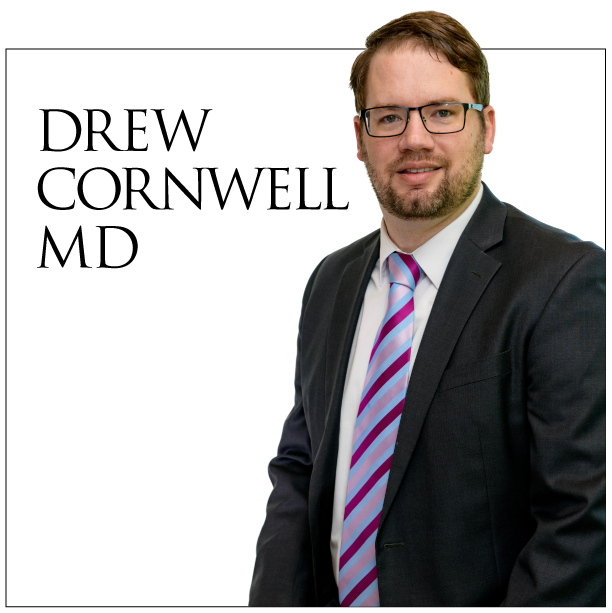Pain Doctors Want Drug Tracking
By Julian Pecquet – 06/28/10
More than a hundred pain management specialists are in Washington this week to warn lawmakers about the dangers of prescription drug abuse.
The physicians — members of the American Society of Interventional Pain Physicians (ASIPP) — want lawmakers to appropriate $55 million over the next five years to help states collect data on consumers who “doctor shop” and on physicians who over-prescribe or incorrectly prescribe pharmaceuticals.
“There are many states now where there are more young people who die from prescription drug abuse than die from car accidents — and that’s the first time in history,” said David Kloth, past president of the association and a Connecticut pain management doctor.
The physicians want Congress to reauthorize a 2005 bill providing grants to states that collect prescription drug information and share it with physicians and pharmacists — and law enforcement officials when there’s an investigation — while protecting patients’ privacy. Rep. Ed Whitfield (R-Ky.), an original sponsor of the bill, is expected to introduce legislation shortly.
Despite widespread agreement that prescription drug abuse is a serious problem — the 2005 law passed by unanimous consent in the Senate and by voice vote in the House — finding money to fight the scourge has not been easy.
No funds were appropriated until last year, Kloth said, when the Obama administration set aside $2 million in the Federal Omnibus Spending bill for the program, known as the National All Schedules Prescription Electronic Reporting (NASPER).
Kloth said Capitol Hill sources have told ASIPP that Rep. Hal Rogers (R-Ky.) has blocked appropriations for the grants in the past. Rogers, the commonwealth’s former attorney general, supports a monitoring program that’s more focused on law enforcement and may fear NASPER would compete for funding, Kloth said.
Rogers’s office denied any blocking of grants and defended the lawmaker’s commitment to prescription drug abuse.
“Congressman Rogers has been a leader in the fight against the epidemic of prescription drug abuse for a decade, and while it’s true we disagree with the NASPER approach, to say the congressman has ‘blocked’ funding for the program is simply not true. If that were the case, the millions of dollars appropriated for the program over the years would not be established law today. Congressman Rogers believes NASPER is a duplicative program propped up by the pain physician lobby and six years too late. Instead, he has championed state-sponsored prescription drug monitoring programs, supported by the Department of Justice,” said Rogers’s spokeswoman Stefani Zimmerman.
To date, 41 states have monitoring programs in place, according to ASIPP, although six are not operational.
However, many states do not meet NASPER standards — failing, for example, to monitor prescriptions electronically; only covering certain drug categories; or giving pharmacies more than seven days to submit information.
Only two states — Kentucky and Connecticut — are attempting to share information among states, which ASIPP says is necessary to prevent drugs abusers from stocking up on pills in states such as Florida that have laxer standards.
“Fragmented funding of multiple unauthorized programs will only create confusion among states applying for funding,” ASIPP says in a fact sheet on the NASPER program, “as well as both [the departments of Justice and Health and Human Services] as they try to administer similar programs.”
The group is advocating for other issues as well:
• Healthcare reform: The law incorporates several provisions of the National Pain Care Policy Act, but they need to be appropriated. In particular, ASIPP wants funds allocated for an Institute of Medicine conference on pain next year and a training grant program for medical schools and other entities to educate and train healthcare professionals in pain care.
• Physician payments: A permanent repeal of Medicare’s Sustainable Growth Rate formula.
• Ambulatory Surgery Center payments: ASIPP wants higher reimbursement rates for surgical procedures performed outside of hospitals.




